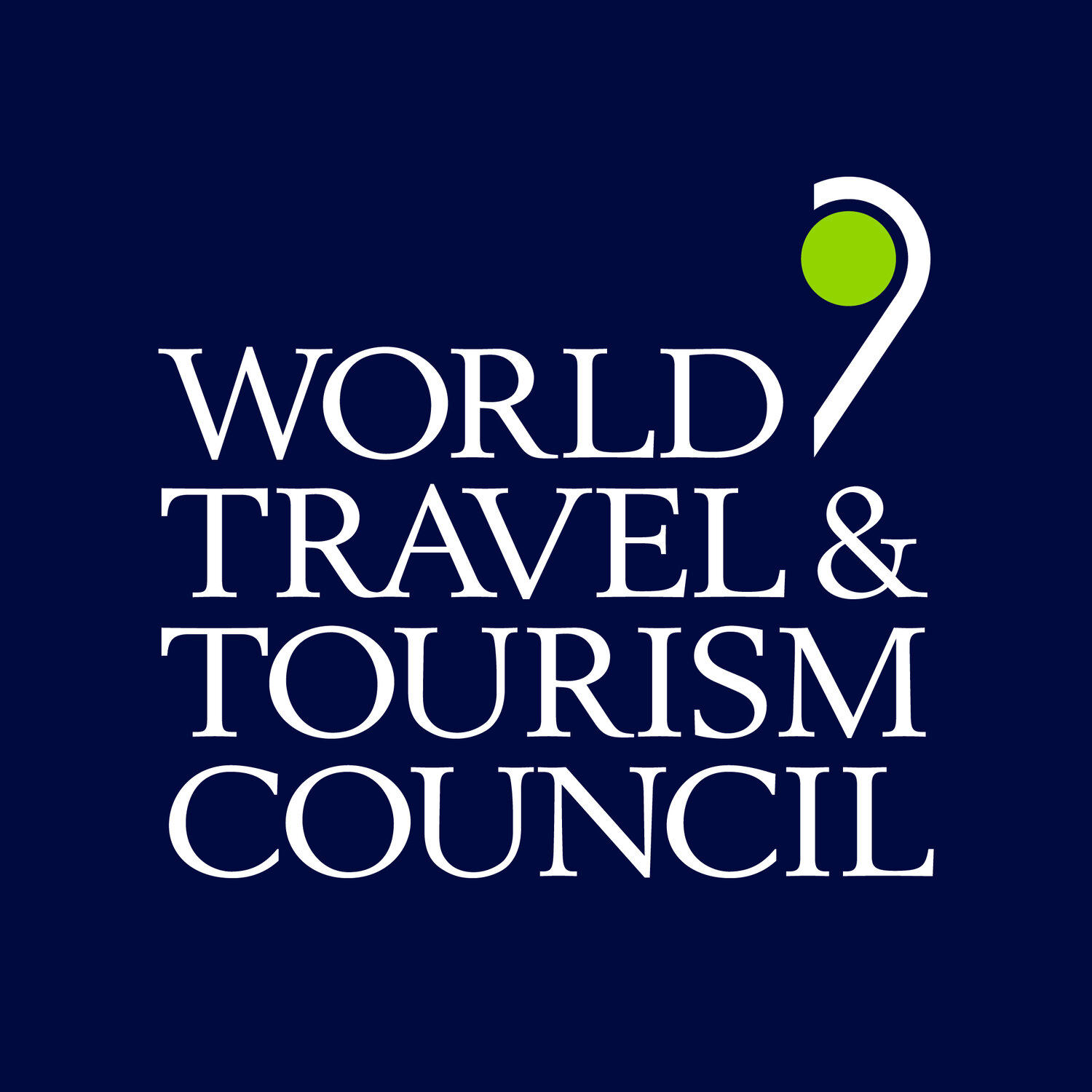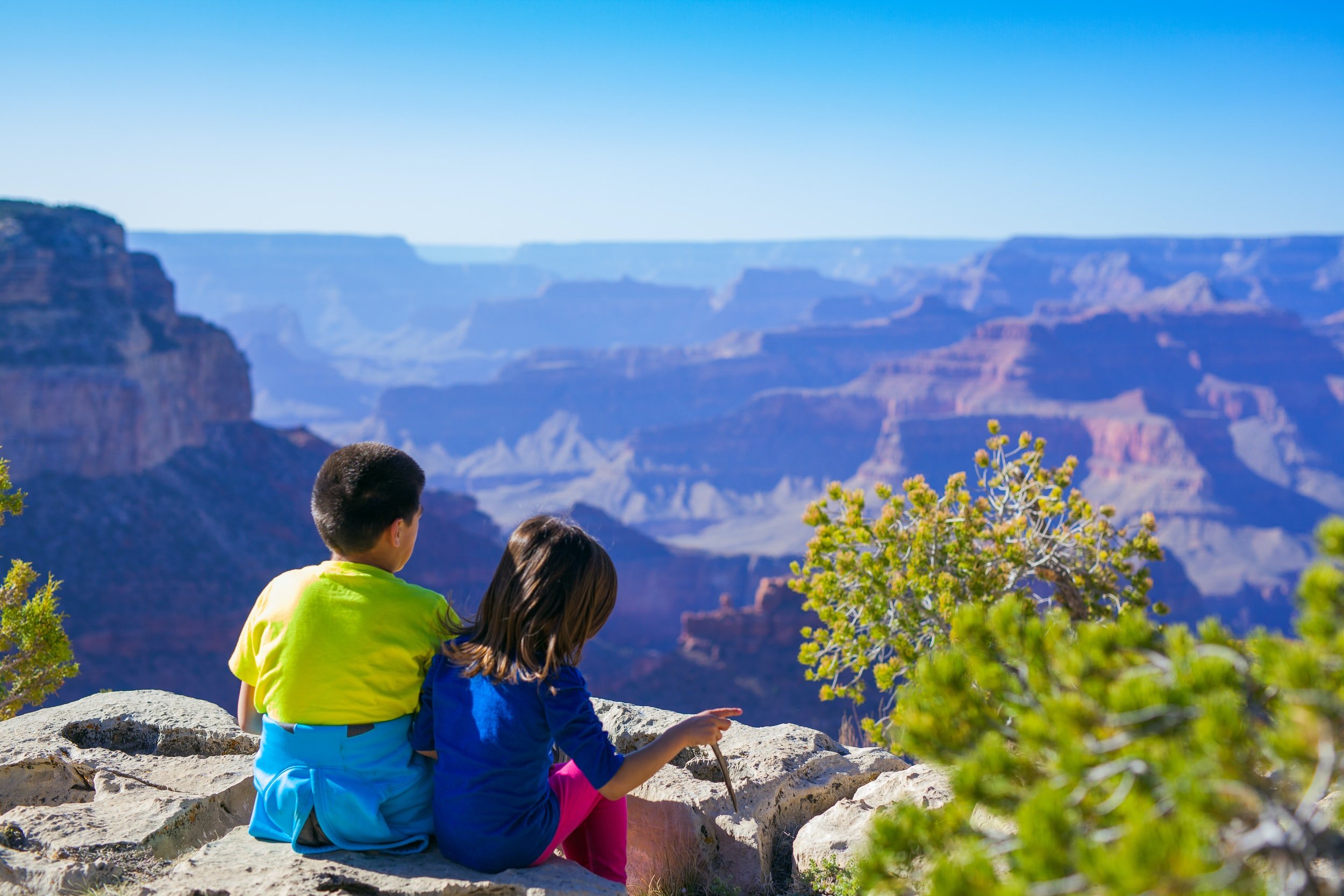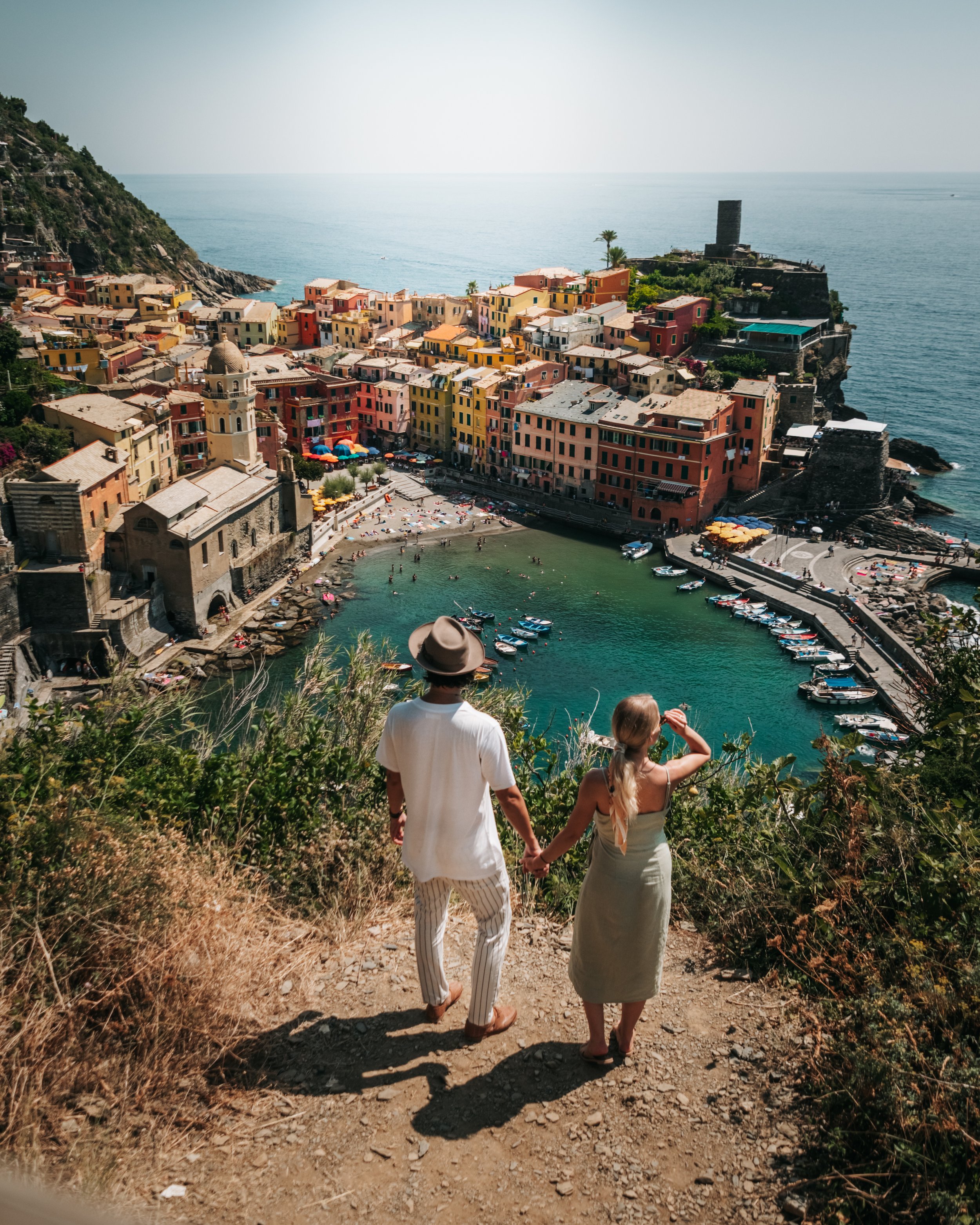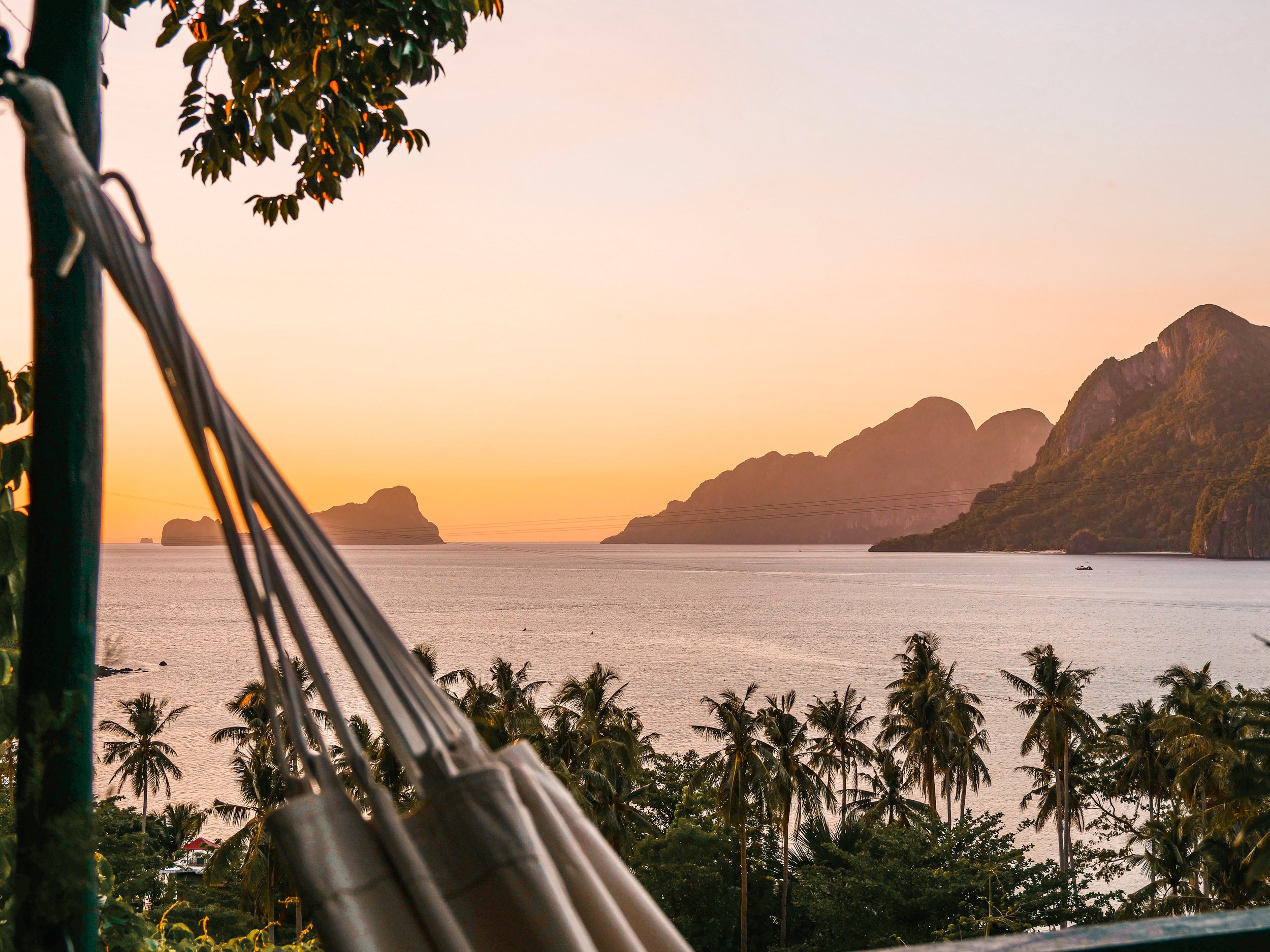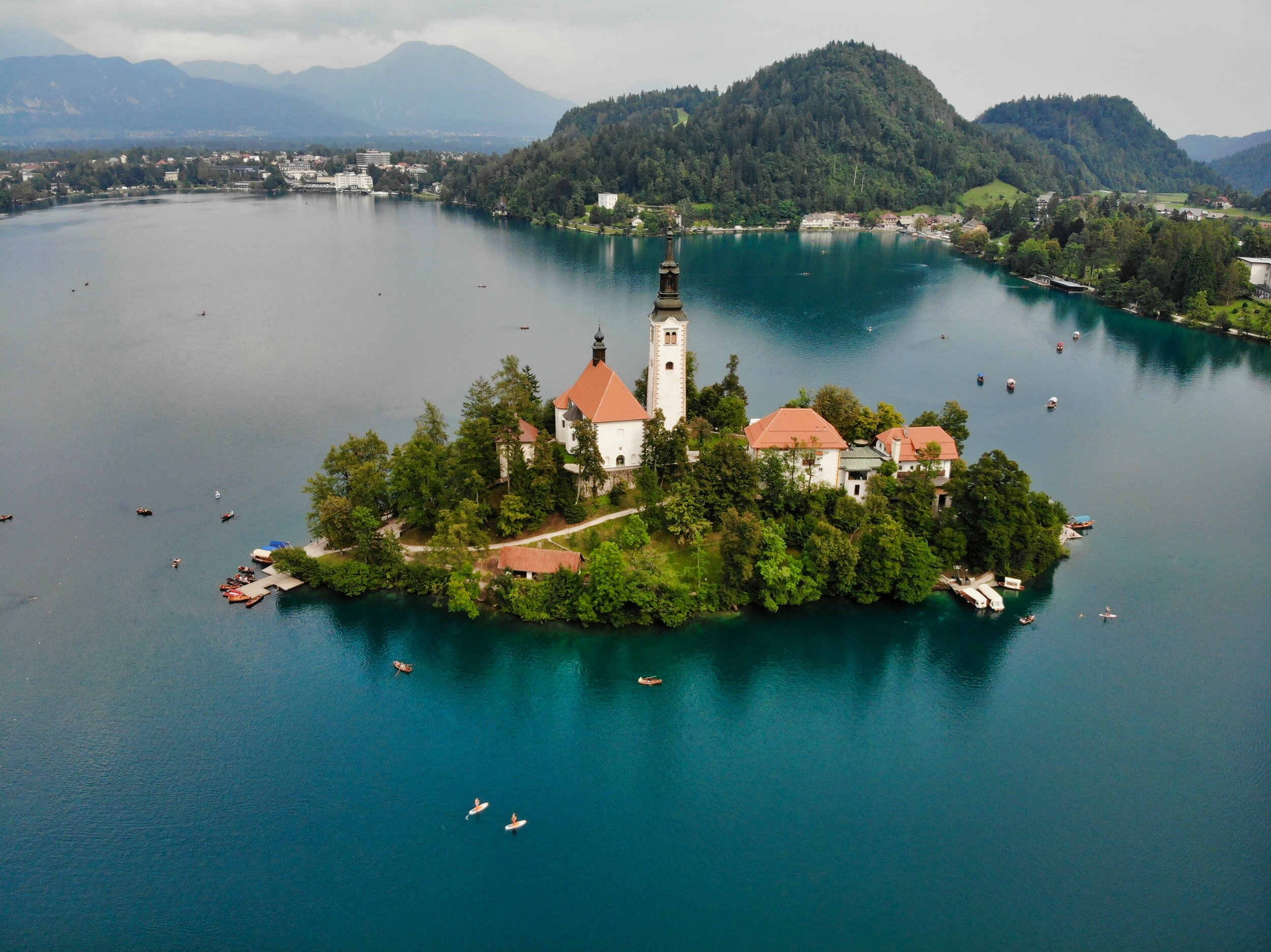A longer ‘flexcation’ or off the beaten path - which 2022 travel trends will inspire your next adventure?
Exploring in nature is becoming increasingly popular
2022 is well underway and consumers are ready to set out on their next adventure… if they haven’t already. Based on Trip.com Group and WTTC’s report on consumer trends – we’ve called it Trending in Travel – here are the 10 global consumer trends for 2022 and beyond. Check out the full report here.
The first trend includes WTTC’s projections for global and regional recovery. Domestic travel was huge and, regionally, the Americas were leading the recovery with a 36.8% projected growth of T&T GDP. This was followed by Asia-Pacific, Africa, the Middle East, and Europe. Projected international spending growth in the Caribbean was the highest of any region in 2021, with domestic spending growth projected at 52.6% and international spending projected at a notable 61.7%. Understandably, domestic travel supported Travel & Tourism spending and helped keep people employed.
The remaining trends can be seen in three broader clusters namely, booking trends, consumer considerations, and consumer profiles. We will share some interesting insights from each trend and cluster in three blogs and today’s blog covers consumer booking trends. If you would like to read ahead, check out the report.
Booking trends
The domestic rediscovery
With ongoing restrictions on international travel, that change rapidly and with little notice, travellers are rediscovering domestic travel. People have taken to their home countries or regions to explore somewhere new or rediscover the familiar. Staycations are popular with about half of global travellers planning to travel for a domestic holiday and more than half of travellers in the US and Europe intending to take a domestic trip. In fact, roughly one-third of European travellers planned to take an international trip within Europe. As the world reopens and international travel returns, domestic travel may slow proportionally, but the trend to rediscover domestic destinations will definitely linger in the long term. What are some of your favourite local gems?
Longer stay for longer play
As you can gather from the name, travellers are staying for longer and really making the most of their trips as they work around current restrictions. In 2019, the average domestic trip was 4.45 days and 9.22 days for international trips; in 2021 over 52% of global travellers indicated a preference for longer stays, with approximately one in four (26%) favouring a stay of 10+ nights. Plus, with the freedom and flexibility of hybrid working models, living and working while travelling the globe is more appealing than ever. Bleisure (business + leisure) trips were on the rise before the pandemic and we expect their popularity to continue, and maybe even grow, in the longer term. Workcations and “flexcations” enable more travellers to experience new destinations with family and friends without missing a beat at work. Our research found that 40% of travellers expressed a willingness to quarantine prior to their holiday if it meant that they could work remotely worldwide. Personally, I love this. I have had jobs where I could work from anywhere and I loved the flexibility of being able to go for a swim in the sea on my lunch break or take a scuba class to break up the day.
A solo traveller enjoys some respite on a street
Shorter booking windows may be short-lived
When trying to plan a trip at a time of uncertain and fast-changing travel restrictions, shorter booking windows and flexible bookings have remained popular. Airlines, hotels, and other travel providers have had to adapt their cancellation policies to accommodate potential changes to itineraries. In a 2020 study, 76% of travellers said they would be more likely to book a hotel with flexible cancellation and refund policies. The same is true for flights with 58% of global Skyscanner survey respondents stating flexible flight tickets with free changes for dates or destinations are important when booking their next trip. Travellers don’t want to incur costs for cancellations or changes. As these free cancellations and changes have financial implications for travel businesses, travel brands are proposing postponements instead.
These shorter booking windows were global and were even seen in markets like mainland China, which has consistently short booking windows. In 2019, 70% of Ctrip hotel bookings for mainland China were made within three days of travel; this ratio increased to more than 80% in 2020 and 2021 with over 60% of these being same-day bookings. However, these shorter booking windows could be short-lived. The research shows that if travellers can book further in advance, they do. We love this as it gives travellers more time to plan all the exciting things they will do on their trip and it give travel brands more time to prepare to make that trip amazing.
The allure of secondary destinations
Throughout this pandemic, many of us have become increasingly aware of our impact on the environment, and this is coming through in travel preferences. American Express found that 69% of travellers were interested in visiting lesser-known destinations, 72% were hoping to support local communities through their travel, and 59% were interested in “philantourism” – specifically choosing an experience or vacation to support a destination through tourism. Already in the pre-pandemic period, 51% of global travellers expressed willingness to exchange their original destination for a lesser-known but similar alternative if it had a smaller footprint and greater community impact.
Hiking rewards travellers with beautiful scenery
It's also worth mentioning that the outdoors remain popular with travellers. After stay-at-home orders, most travellers just want to explore nature and be outside. The stats show that 52% of consumers are more likely to take an outdoor trip than before the pandemic and 47% of travellers want their next trip to be in nature. This is consistent with the European Travel Commission’s survey results from September 2021, which highlighted that Europeans with short-term travel plans exhibit a stronger preference for nature-based or coastal destinations.
Which of these booking trends resonate with you for your next adventure?
